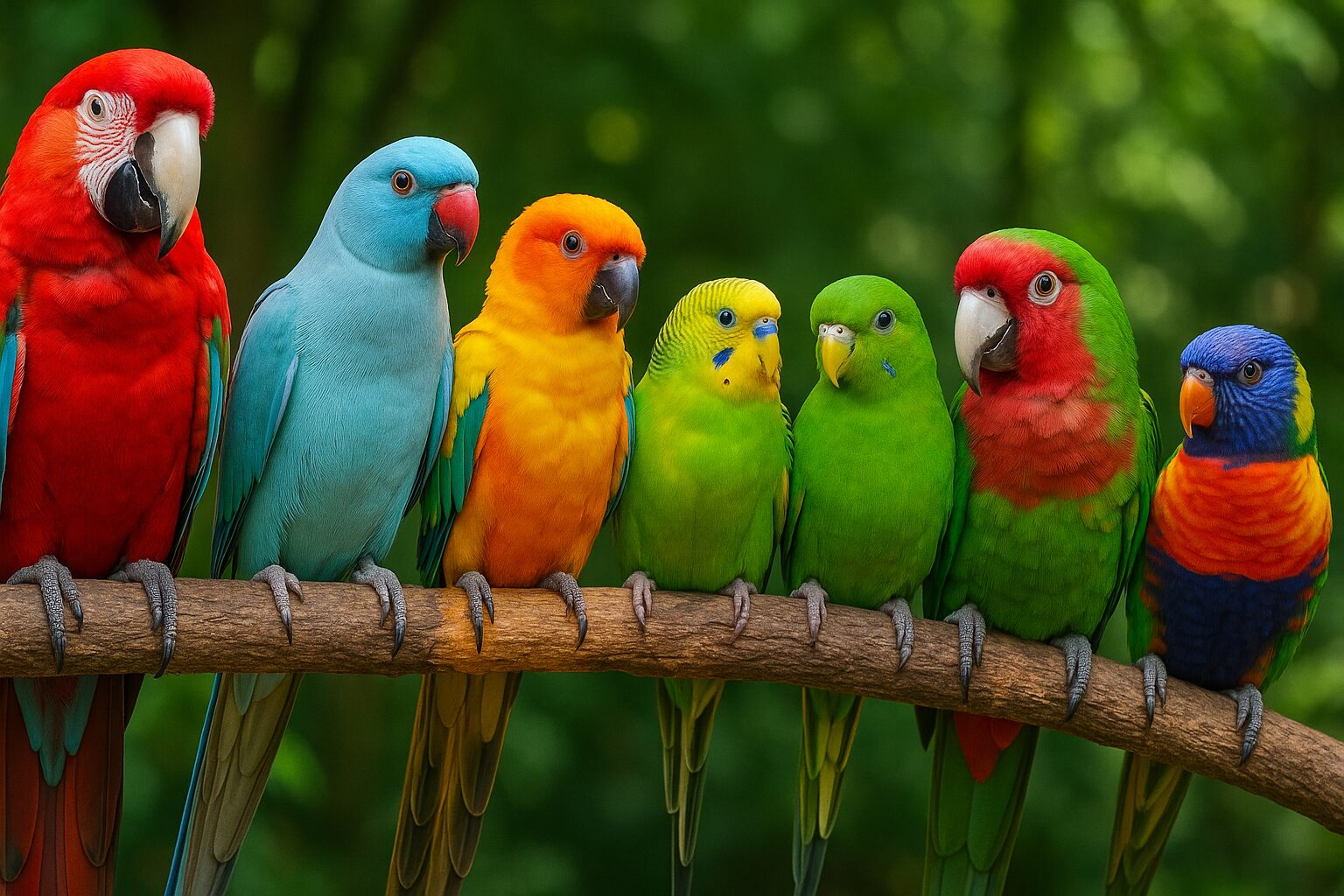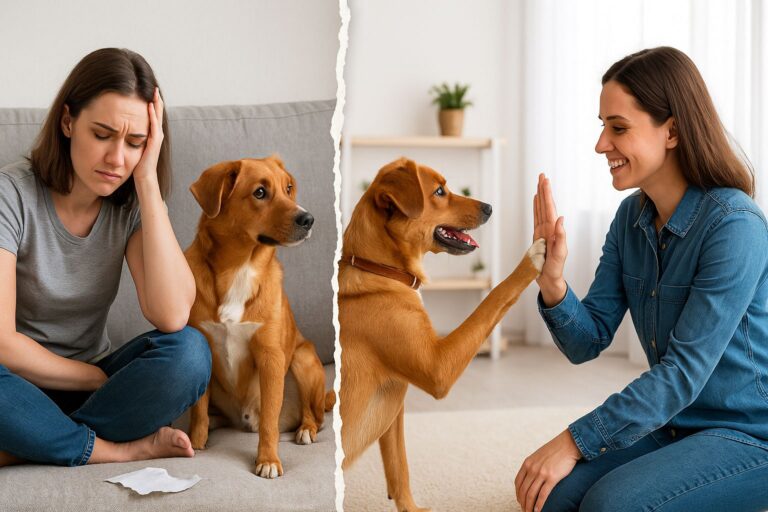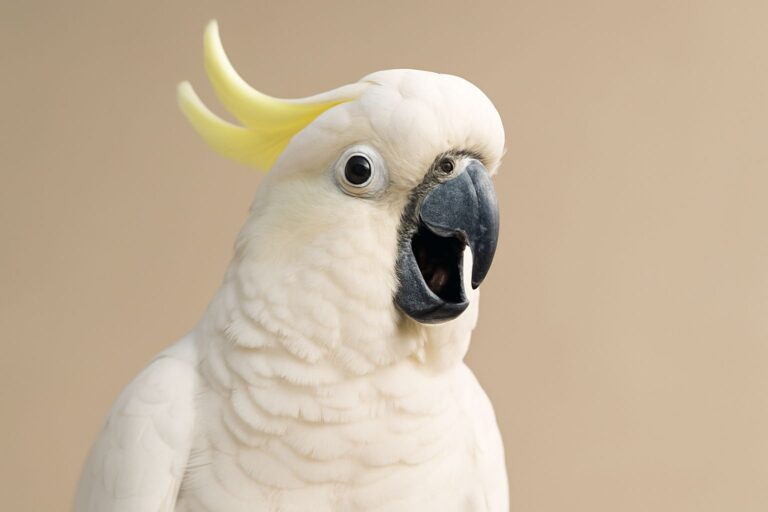
Parrots are among the most popular exotic pets, admired for their beauty, intelligence, and remarkable ability to mimic sounds and words. For many pet parrot parents, these birds become more than just pets — they are lifelong companions with unique personalities and the capacity to form strong emotional bonds.
As pet birds, parrots demand more than casual care. They require a balanced diet, safe and spacious living conditions, mental stimulation, and regular veterinary visits. Unlike smaller pets that may only live a few years, parrots often live decades, which means adopting one is a serious, long-term responsibility.
Depending on the species, parrots can live for 10 to 60 years or even longer in captivity. Some individuals have been documented living into their 80s and 90s, making them true lifetime companions for families. With the right care, they provide endless joy, conversation, and companionship to their owners while requiring a consistent commitment to meet their needs.
Factors Affecting Life Expectancy
A parrot’s lifespan is not determined by species alone — it’s shaped by diet, environment, genetics, and the quality of care they receive. Proper parrot care is vital to ensuring they live long, healthy lives.
A nutrient-rich diet of fresh fruits, vegetables, and high-quality pellets helps maintain strong immunity and prevents disease. A seed-only diet, while common in the past, often leads to malnutrition and significantly shortens lifespan.
Size also plays a role: larger parrots such as African Greys, Macaws, and Cockatoos generally outlive smaller parrots like budgies and cockatiels. Exercise and mental stimulation are equally important. A bored or neglected parrot may develop stress-related behaviors or even self-destructive habits like feather plucking.
Poor care, inadequate space, lack of stimulation, or absence of veterinary attention can drastically shorten a parrot’s life. For owners, this underscores the importance of consistent, holistic care.
Parrot Lifespans and Average Lifespan
The life expectancy of parrots varies widely across species. Smaller parrots such as budgies (parakeets) and cockatiels typically live 10–15 years with proper care. In contrast, larger parrots such as Macaws, African Greys, and Cockatoos often live 30–60 years or more.
Some of the longest-living parrots have been known to survive into their 80s or even 90s, often outliving their owners. This longevity makes parrots unique among companion animals and highlights the need for careful planning before adopting one.
Average Lifespan of Common Parrot Species
| Species | Average Lifespan in Captivity | Notes |
|---|---|---|
| Budgerigar (Budgie/Parakeet) | 10–15 years | Small, popular, very social |
| Cockatiel | 15–20 years | Gentle and affectionate, good for beginners |
| Conure | 20–30 years | Playful and energetic |
| African Grey | 40–60 years | Highly intelligent, strong bond with owners |
| Amazon Parrot | 30–50 years | Known for talking ability |
| Cockatoo | 40–70 years | Affectionate but demanding |
| Macaw | 50–80+ years | Longest-living species, very large and social |
Understanding these averages helps potential owners prepare for the responsibility. A parrot isn’t just a pet for a short stage of life — in many cases, it’s a companion you’ll be caring for across decades. Their longevity is both a blessing and a reminder of the deep responsibility involved in parrot ownership.
Parrot Care and Mental Stimulation
Caring for a parrot goes beyond feeding and cleaning. These intelligent birds need constant mental stimulation to stay healthy and happy. A variety of toys, climbing perches, and puzzle feeders can keep them engaged and prevent boredom.
Social interaction is another cornerstone of parrot care. Parrots thrive on bonding with their owners or other birds. Without interaction, they may become lonely and stressed, which can lead to behavioral issues.
A balanced diet rich in nutrients supports both mental and physical health. Fresh produce, grains, and proteins should complement a high-quality pellet diet. Regular veterinary check-ups are also critical, as early detection of health issues greatly improves outcomes and ensures longevity.
Benefits of Owning a Parrot
For those willing to make the commitment, parrots offer incredible rewards. Their playful nature, intelligence, and affectionate personalities make them extraordinary companions. Many parrot owners describe their birds as family members who share daily life and routines.
The bond between parrots and their owners can be profound. Parrots recognize their caregivers, respond to their voices, and often return affection in surprising ways. They can provide a sense of connection that is both comforting and enriching.
Owning a parrot can also improve mental and emotional well-being. Their presence helps reduce stress, anxiety, and loneliness, while the responsibility of caring for them fosters routine and purpose. For the right owner, parrots provide a lifetime of joy, companionship, and even comic relief with their curious personalities and mimicry skills.


